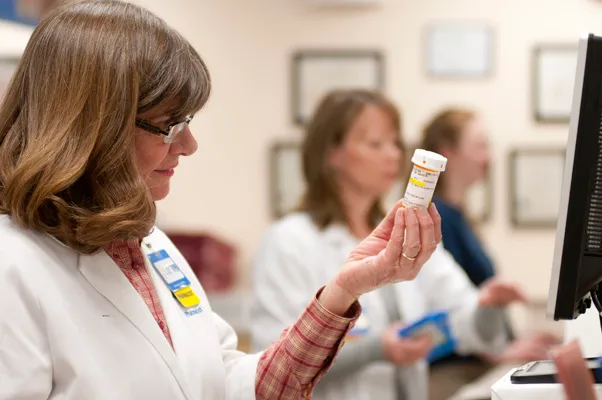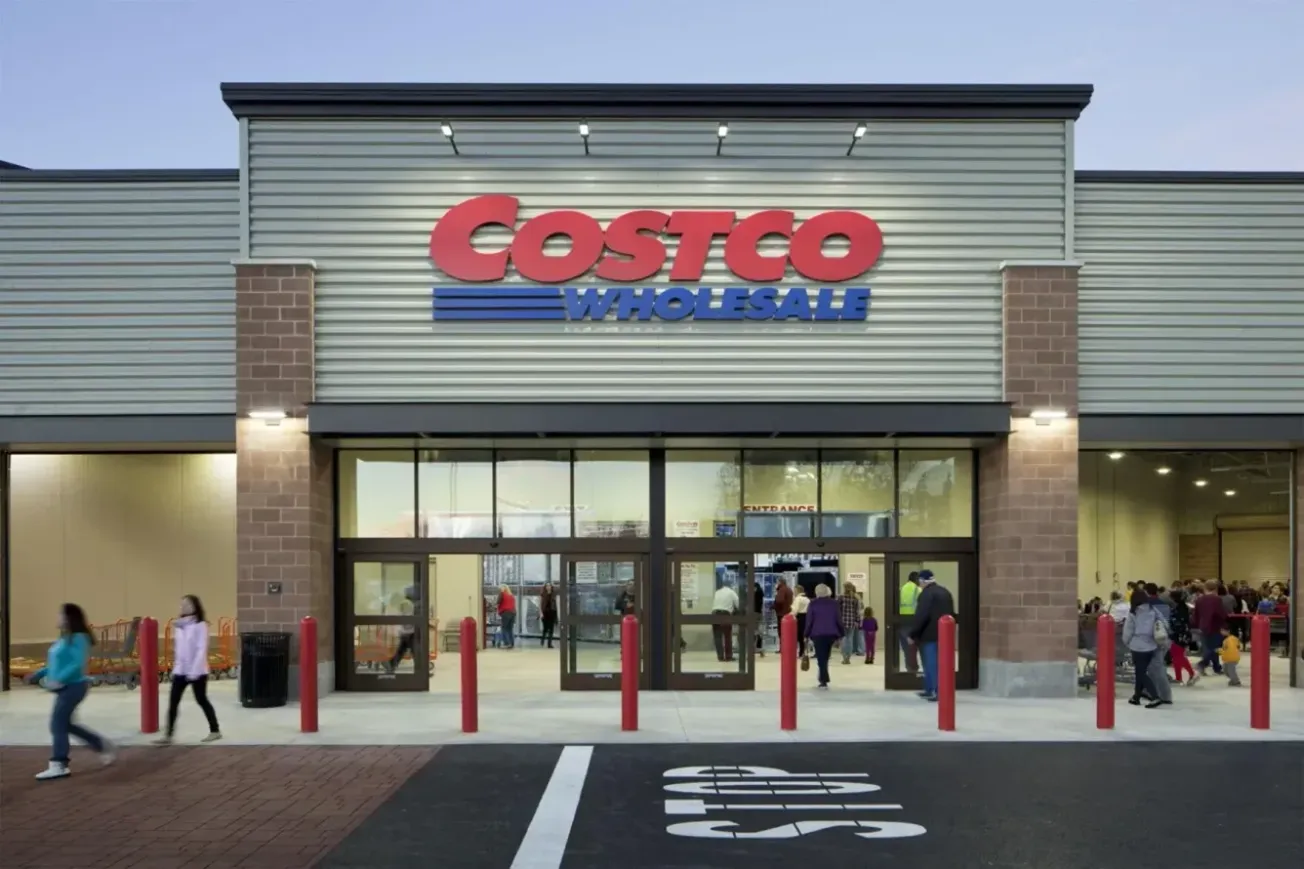PRINCETON, N.J. — Pharmacists rank high in terms of public trust, but they fall short of being No. 1.
Nurses topped Gallup’s Honesty and Ethics of Professions rankings for 2015, a feat that the profession has accomplished every year but one since it was added to the list in 1999. The exception is 2001, when firefighters were included on the list on a onetime basis, shortly after the September 11 terrorist attacks. (Firefighters earned a record-high 90% honesty and ethics rating in that survey.)
Nurses scored an 85% honesty and ethics rating, but pharmacists and medical doctors constitute the next tier, with about two-thirds of Americans viewing each highly, followed by high school teachers at 60% and police officers at 56%.
“Congratulations to America’s community pharmacists for their rating as the second-most-trusted U.S. professional according to the latest Gallup survey. The expertise, accessibility and care that pharmacists provide all contribute to this impressive standing in the public’s view,” said a statement by National Community Pharmacists Association chief executive officer B. Douglas Hoey. “NCPA will continue to work to encourage payers and policy makers to take better advantage of pharmacists’ training and credibility as more integrated, quality-based models of health care develop.”
The public’s high opinion of pharmacists’ honesty and ethics supports a growing role for these trusted professionals, according to National Association of Chain Drug Stores president and chief executive officer Steven Anderson.
“This annual Gallup survey presents another data point in the strong and growing case for pharmacy patient care,” Anderson stated. “NACDS’ own opinion research shows another interesting finding: that those who have more first-hand experience with pharmacist-provided services feel even more strongly about their value.”
He added, “These positive attitudes are translating into ever-stronger bipartisan support for pro-patient and pro-pharmacy initiatives in the U.S. Congress, as well as an expansion of the pharmacists’ scope of practice in the states.”
Anderson noted that federal legislation to improve access to pharmacist-provided services among underserved Medicare patients now is cosponsored by 39 senators and 262 representatives.
He also noted that in 2007, pharmacists were not yet able to provide flu vaccines in all 50 states, and as of 2015 they can administer three adult vaccines in all 50 states.






